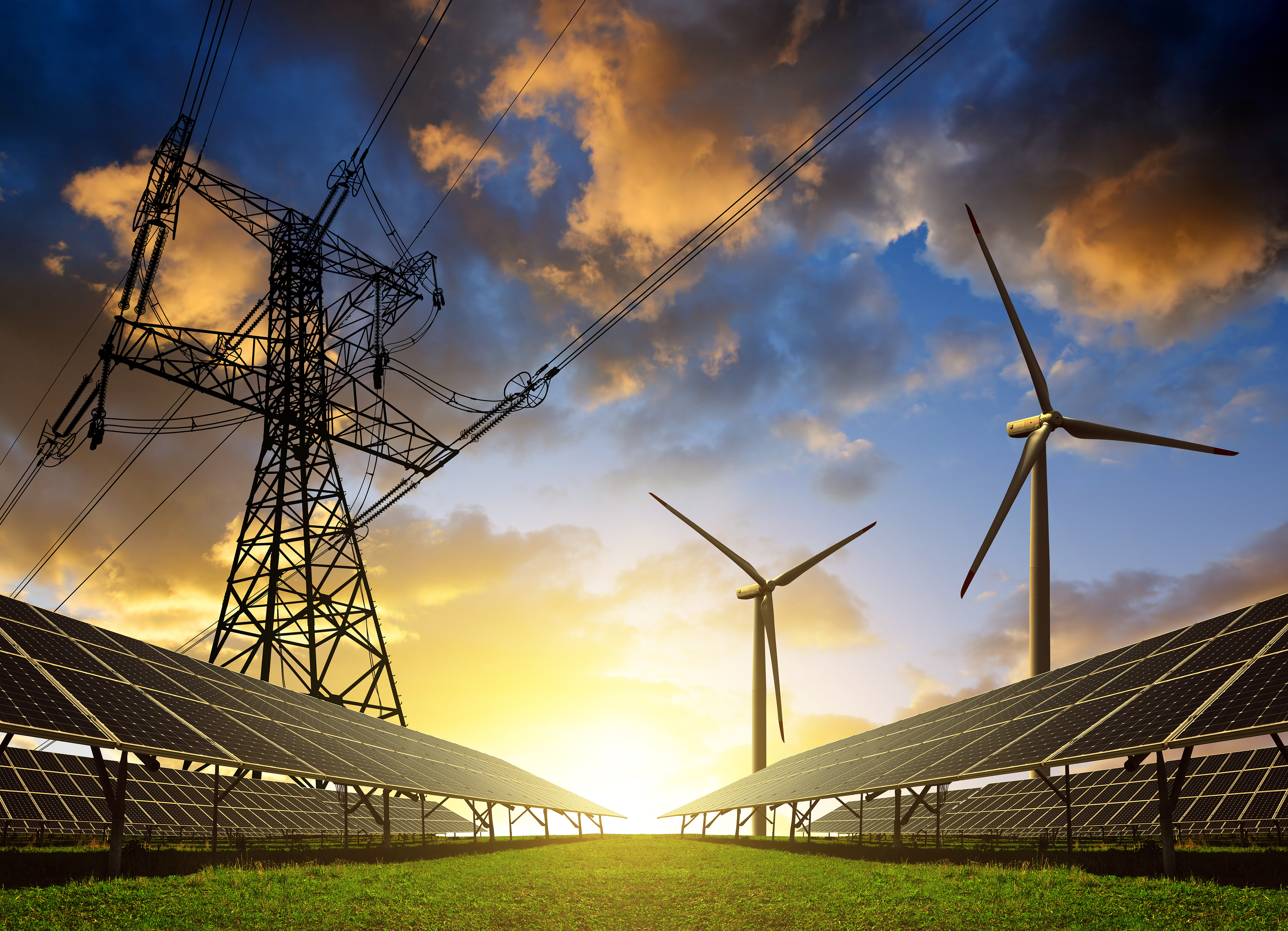Inclusive development in Myanmar

Myanmar is in a process of unprecedented transformation and its destiny is being determined at breakneck speed on a daily basis. Development is now a reality but the question today is what kind of development is this going to be?
Most of us would agree; we want “growth” to improve our collective quality of life. But will this be growth at any cost? Will this be quality growth? Above all, after decades of military rule, and with ethnic-based violence still ongoing, how inclusive is it going to be?
There are plenty of reasons to be pessimistic. According to World Bank Development Indicators, only about 26% of Myanmar’s population had access to electricity in 2011, the GDP per capita is only US$ 824, and one in every four primary schoolchildren never make it to middle school.
However, there are also reasons to be optimistic. I recently visited a school for blind children in Yangon with a group of Young Global Leaders and if this was a microcosm of Myanmar’s untapped potential, then the country already possesses three important requirements for inclusive development.
- Courage: The children we visited, blind themselves, blindfolded us to let us into their world. It is only when a sense you take for granted, sight, is taken away from you that you realize the underutilized potential of the other senses.
- Creativity: The young people we spoke with articulated with great clarity their plans for the future. On touring the classrooms we witnessed activities ranging from printing and production of Braille books to job placement training as well as training for parents on how to raise a blind child.
- Talent: We met young people who, despite having had a limited education, had mastered the basics of English, were highly intelligent and cognitive and could articulate their skill sets and desires with fluency.
What we may initially perceive as the bottom of the hierarchy, a “problem” if ever there was one, the school in fact represents Myanmar’s next generation, who have courage, creativity and talent in abundance. What they lack is capital, capacity and networks, all rectifiable under a programme of inclusive development.
In spite of seemingly overwhelming challenges, there is, therefore, the real possibility of “courageous transformation for inclusion and integration”, the very theme of this year’s World Economic Forum on East Asia.
As local, regional and global decision-makers gathered to discuss Myanmar’s future, and as Myanmar takes over the Chair of ASEAN in 2014 with a view to regional economic integration in 2015, let us hope that inclusive development and the will of the Myanmar people are not lost in the process of bringing prosperity. Let us hope that we realize the potential that is already there.
Image: A Burmese student attends class in Yangon his school book REUTERS/Soe Zeya Tun
Author: Stephen Frost is a visiting fellow at Harvard University and is a Young Global Leader 2011
Don't miss any update on this topic
Create a free account and access your personalized content collection with our latest publications and analyses.
License and Republishing
World Economic Forum articles may be republished in accordance with the Creative Commons Attribution-NonCommercial-NoDerivatives 4.0 International Public License, and in accordance with our Terms of Use.
The views expressed in this article are those of the author alone and not the World Economic Forum.
Stay up to date:
Economic Growth
Forum Stories newsletter
Bringing you weekly curated insights and analysis on the global issues that matter.
More on Economic GrowthSee all
Isabela Bartczak
December 3, 2025






